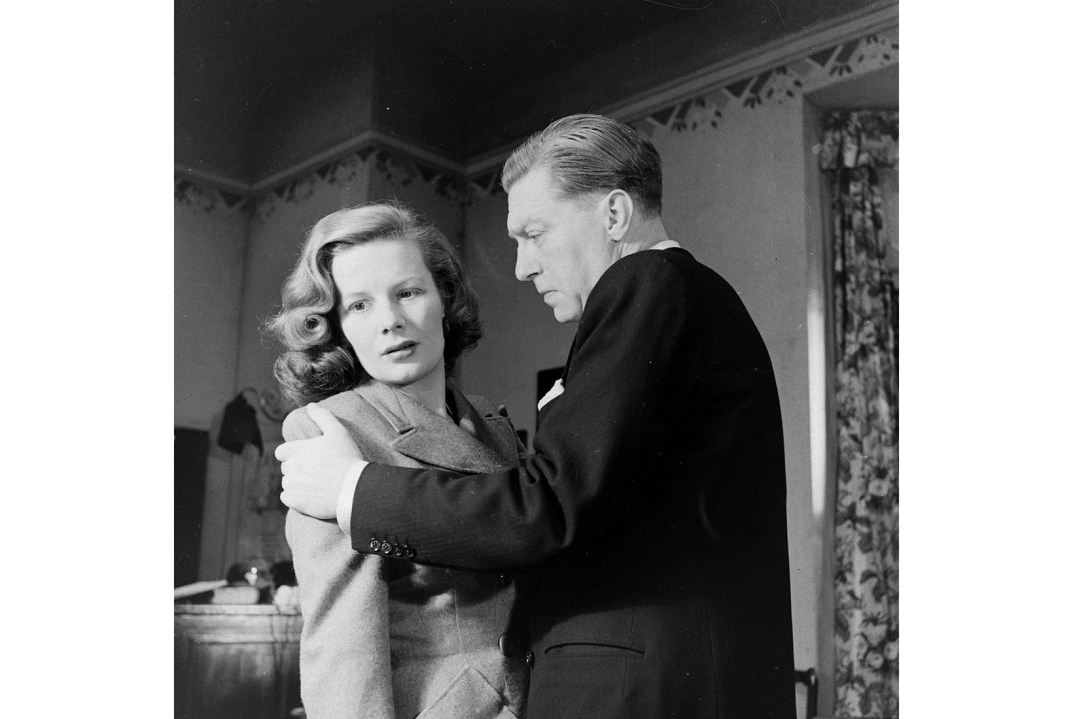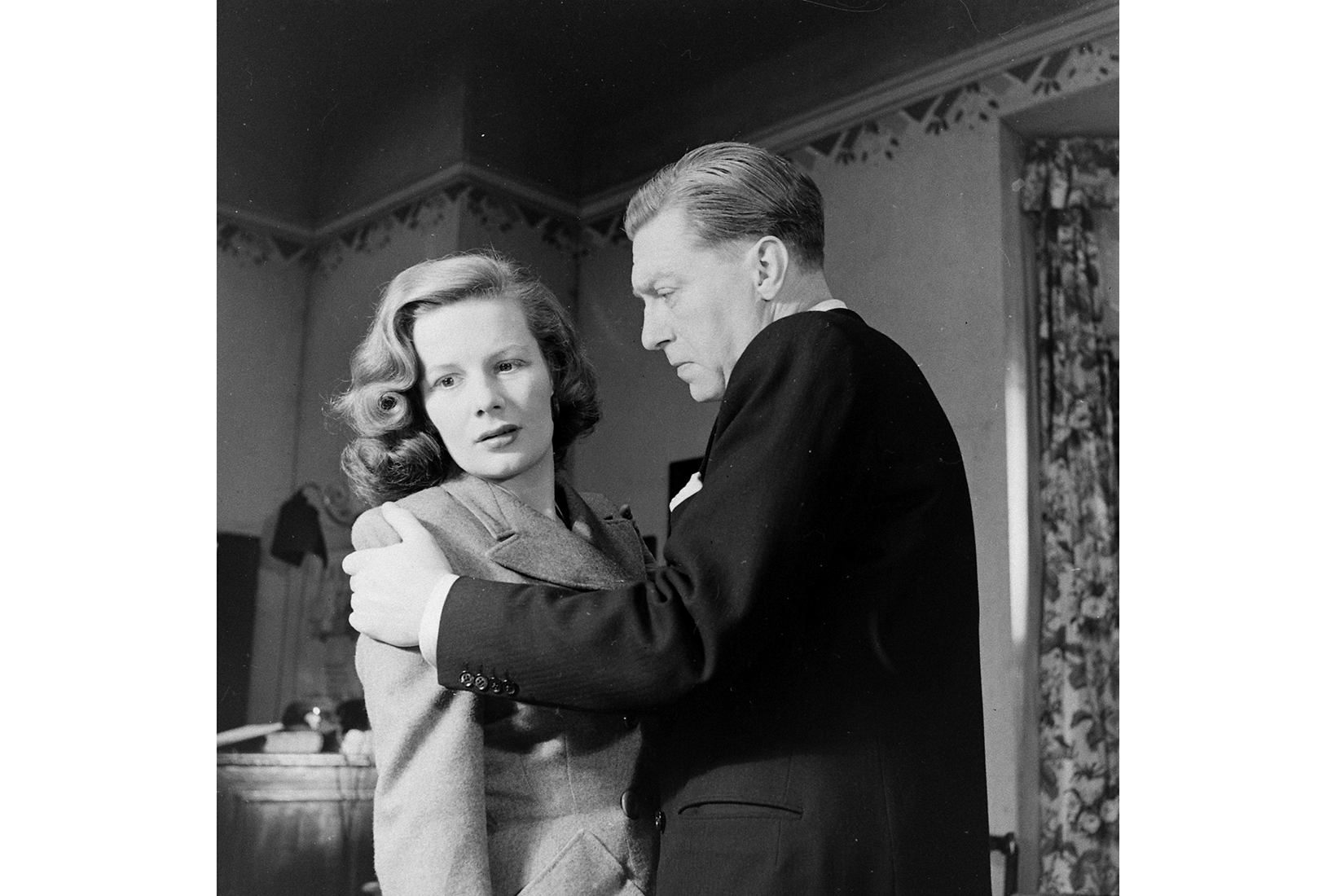It seems a long time ago now. I was meeting the artistic director of a pub theatre near Westminster on the afternoon of 16 March. Already it was clear that this was one of the worst days of his professional life. That evening’s performance of a John Osborne play had been cancelled because a cast member had caught a severe cold over the weekend. During the morning, four more shows had withdrawn their productions, and the theatre had nothing to present for the next eight weeks. As we spoke, his phone pinged. Another cancellation. The door swung open and the production manager came in with a look of doom on his face. ‘Downing Street’s just announced — all theatres to close indefinitely.’ The artistic director turned to me. ‘Now I know how the Wall Street crash must have felt.’
This sudden and complete erasure of the acting profession is almost without precedent. Theatres have sometimes been forced to go dark, of course, but rarely on this scale. In the 20th century the greatest menace came from bombs. Lilian Baylis, the celebrated proprietress of the Old Vic, kept the theatre open during the Great War even while German airships threatened to rain destruction on the capital. ‘What’s an air raid when my curtain’s up!’ was her legendary response. The IRA caused immense disruption to Londoners throughout the 1970s and 1980s, and public buildings were frequently targeted by bomb-hoaxers. The Evening Standard’s critic, Milton Shulman, refused to obey police orders to evacuate the Royal Court while sniffer dogs searched the stalls for a suspect package. ‘I’m staying put,’ he said. ‘This theatre’s never had a hit in years.’
A few lucky shows squeaked past the coronavirus without suffering too much damage. Endgame at the Old Vic was cancelled just a fortnight before its scheduled finish date.









Comments
Join the debate for just £1 a month
Be part of the conversation with other Spectator readers by getting your first three months for £3.
UNLOCK ACCESS Just £1 a monthAlready a subscriber? Log in